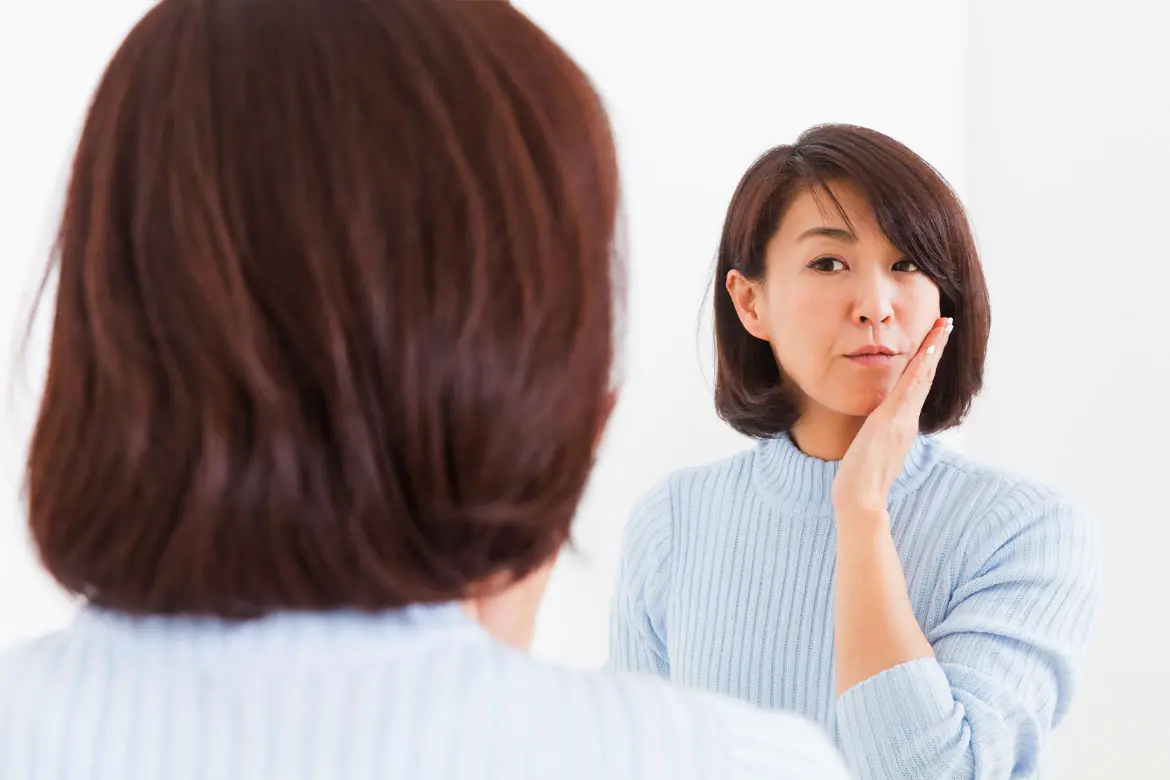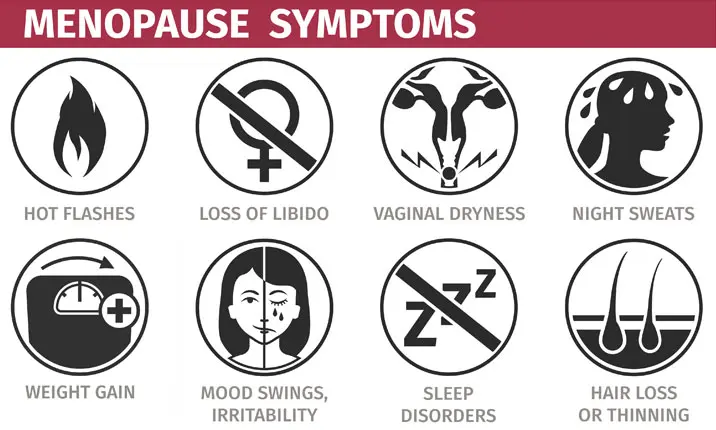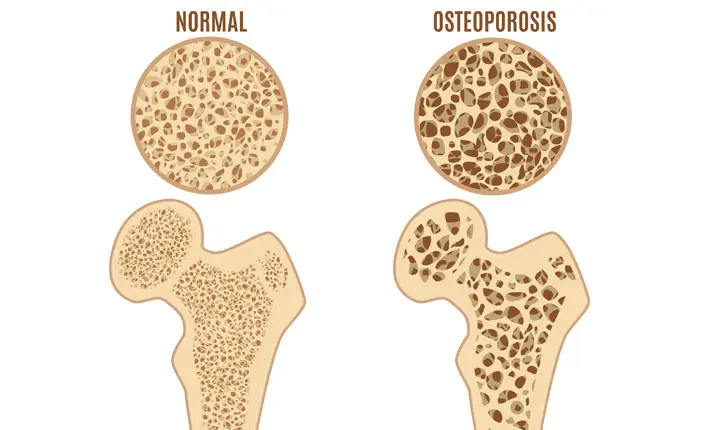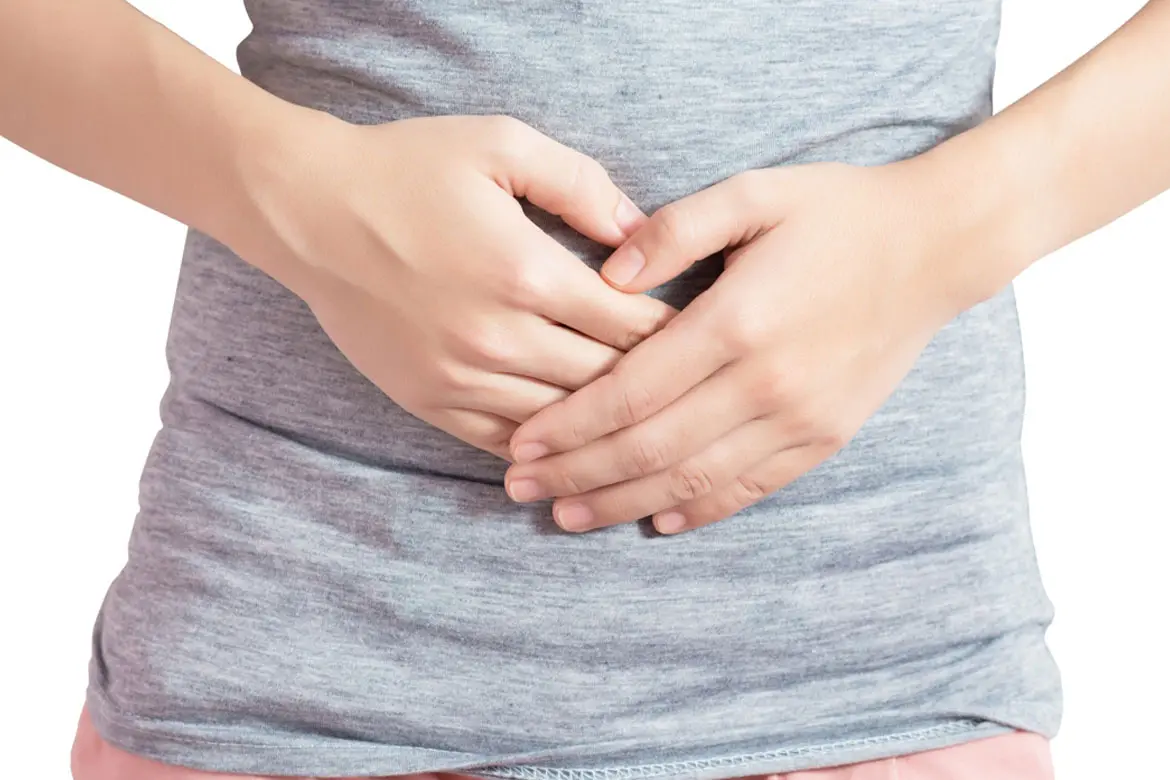What is menopause?
Menopause is defined as the permanent cessation of a woman's your menstrual period, and marks the end of your reproductive stage in life. It is completely natural as the body phases out its ability to bear children. Medically, a woman is considered to be in menopause if she has not had her period in for 12 consecutive months.
At what age does menopause usually start?
The average age for women entering menopause is 51, but it can happen as early as their late 40s. As menopause is thought to be genetically determined, a woman may start to enter menopause around the same age their mother did. That said, this development is unique to every woman and individual experiences will vary between female relatives.
In the years leading up to menopause, women may begin to already notice changes as their ovaries begin to reduce the production of oestrogen and progesterone, and periods may start coming irregularly. This is known as perimenopause, or the transitory stage into menopause, and can last for a number of years.
While some women transition quite easily into menopause, others may have symptoms that are incredibly difficult to deal with, and may affect them physically, emotionally and mentally. In more challenging instances, help may be needed from a doctor to help manage the symptoms.
What are the symptoms of menopause?
There are many symptoms that a woman may experience in the journey through menopause, and these may take place and change over a period of years. Some women will experience more symptoms than others and with varying degrees of severity.
- Hot flushes
- Sweating at night
- Disrupted sleep
- Weight gain
- Chills
- Thinning hair
- Dry skin, eyes and mouth
- Loss in breast fullness
- Vaginal dryness
- Vaginal atrophy (a condition where the lining of the vagina gets drier and thinner)
- Mood swings
- Reduced sex drive
How long do symptoms last?
This will differ between individuals as every woman's experience with menopause is different. Menopausal symptoms can begin years before periods stop and last around 4 years after a woman’s last period, or even longer for some.
What causes menopause?
For most women, menopause happens naturally as the reproductive hormones that regulate menstruation decline. Periods will become more irregular and may stop and start over time, becoming closer together as you near menopause. Eventually, your ovaries will stop releasing eggs completely.
However, a woman's body may be triggered into early menopause for various reasons. Here are some common instances where this may happen:
- Oophorectomy (surgery to remove the ovaries). This results in immediate menopause and symptoms like hot flushes may be more pronounced because the hormonal changes happen abruptly rather than gradually over several years.
- A hysterectomy (surgery to remove the womb) may not trigger menopause as the ovaries will still function normally. This makes it harder to recognise when a woman naturally enter menopause because she may not have the tell-tale 12-month absence of her menstrual period as a natural gauge. Hot flushes may be experienced, but the most accurate way to confirm menopause is to have your doctor do a blood test to determine if the ovaries are still functioning.
- Chemotherapy and radiation therapy. Cancer treating chemotherapy won't always cause menopause but patients may experience menopause-like symptoms during and shortly after treatment. Radiation therapy will only ever cause menopause if the treatment is directed at the ovaries. Radiotherapy to treat colon cancer will affect the ovaries due to their proximity to the targeted treatment area. This can cause early menopause as the ovaries are rendered defunct by the treatment.
- Premature menopause. Some 1% of women experience menopause naturally before age 40 as their ovaries fail to produce normal levels of reproductive hormones. Often there is no known cause for this but genetic factors and autoimmune disease may contribute. For women that enter menopause this early, their doctors will often recommend hormone therapy to boost hormone production to protect the bones, brain and heart.
Are there any complications with menopause?
The changes to your body caused by the reduction in hormones can put you at risk for certain diseases and conditions.
Osteoporosis – bone density loss
The reduction in oestrogen production during menopause can result in less calcium in the bones, leading to osteoporosis. This can put women at greater risk of hip, spine and other bone fractures.
Tips to keep the bones healthy include:
- Getting more calcium through a diet rich in dairy and vegetables.
- Taking vitamin D supplements.
- Exercising regularly to build bone mass, including weight-bearing exercises.
- Reducing alcohol consumption and avoiding smoking.
A doctor will be able to advise about supplements or medication that can help prevent bone loss.
Heart disease
Decreased oestrogen levels can also cause the arteries in the heart to be less flexible, which impacts blood flow. To reduce the risk of heart conditions, maintain a healthy weight, eat a nutritionally balanced diet, exercise regularly and avoid smoking.
Weight gain
Reduced hormone levels will affect the body's ability to ability to regulate weight and may lead to weight gain, even if there has not been any changes to lifestyle or eating habits. Exercising more more and eating better with a nutritionally balanced diet can help.
Urinary incontinence
Some women may also notice sudden urges to pee, or may even leak involuntarily when they cough, sneeze, laugh or lift weights. This is because the tissue the vagina and urethra have lost elasticity. This condition is known as urinary incontinence. This may also lead to higher chances of urinary tract infections. If this becomes embarrassing to deal with, talk to a doctor about possible hormone therapy. Strengthening the pelvic floor muscles with Kegel exercises may also help improve the condition.
Lack of sex drive
These changes in a woman's body may result in reduced libido. Sex may also become painful or uncomfortable due to vaginal dryness and loss of elasticity. Women may consider water-based vaginal moisturisers and lubricants. Oestrogen treatment in the form of a vaginal cream, tablet or ring are some alternative solutions that a doctor may prescribe.
How to manage hot flushes?
Hot flushes can be embarrassing to deal with, especially when they happen in public, as they may disrupt your routine if the flashes occur daily or even multiple times a day. They may last for several years, so learning what the triggers are can help.
The triggers include:
- consuming stimulants like alcohol or caffeine
- eating spicy food
- feeling stressed
- being in a hot/warm environment
When hot flushes happen, you can reduce their impact by wearing multiple-layered clothing so that you can easily remove the different layers of clothing when you feel warm. While you may consider adjusting your environment to make it cooler, consult your doctor for possible treatment options that can help manage the symptoms.
When to seek help?
Consult your gynaecologist should there be any concerns about menopause, or if any of the following symptoms are encountered:
- menopausal symptoms before age 45
- vaginal bleeding with menopause. Post-menopausal bleeding is abnormal and may be a sigh of endometrial hyperplasia (a condition where the lining of the uterus becomes unusually thick) or uterine cancer.
- difficulty in managing physically or emotionally symptoms
Menopause may be a natural physical transition, but it should not cause undue discomfort. Book an appointment with a gynaecologist to find out how to better go through the the transition.















